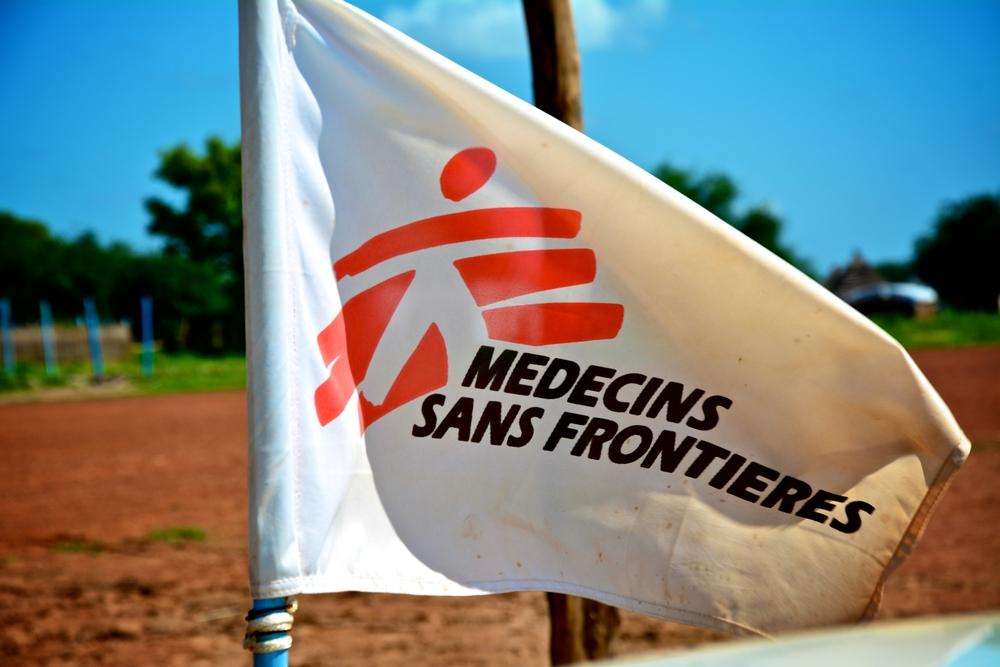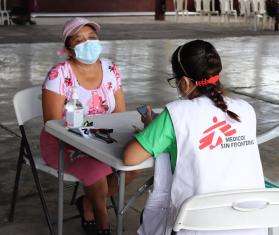WHO’s decision to add snakebite to its NTD list could mean more support for people affected by one of the world’s deadliest neglected diseases
NEW YORK/GENEVA, JUNE 23, 2017—The international medical humanitarian organization Doctors Without Borders/Médecins Sans Frontières (MSF) welcomed the addition of snakebite to the World Health Organization’s (WHO) Neglected Tropical Diseases (NTD) list. Despite the fact that snakebite is estimated to kill over 100,000 people every year—more than any other disease on the list— there are hardly any resources to prevent and treat it and very few lifesaving anti-venoms available.
“This is an opportunity to finally get serious about tackling snakebite,” said Julien Potet, policy advisor on Neglected Tropical Diseases for MSF’s Access Campaign.
While the WHO has started evaluating different existing snakebite products to help countries select safe anti-venoms that work against bites by local snake species, people in the most affected countries continue to have difficulties accessing anti-venom treatments. In some cases, products that have been found ineffective are still being marketed. In others, effective anti-venoms, such as Sanofi’s Fav-Afrique—considered by experts to be a very effective product against many snake species found throughout Africa—are no longer being manufactured.
MSF treats more than 2,000 snakebite victims per year around the world in projects in countries such as the Central African Republic, Ethiopia, South Sudan, and in the Middle East. While MSF provides the treatment free of charge in its facilities, the price of a treatment when paid out-of-pocket can often exceed $100, making it practically impossible to get for people who are most at risk—those who live in low-resource, rural settings.
On top of the problems surrounding the anti-venom supply, tackling snakebite is riddled with additional challenges, including the lack of adequate diagnostic tests for improved snake species identification, the absence of systematic training and clinical guidance for medical staff, and a poor understanding of the actual number and distribution of cases.
“We hope that now donors and governments will take concrete steps to reinforce training and guidance of medical staff on snakebite envenoming, better identify the hot spots with many unmet needs, cover some of the treatment costs, strengthen the capacity of WHO to evaluate anti-venom quality, and support the development of new and better tools,” Potet said.




